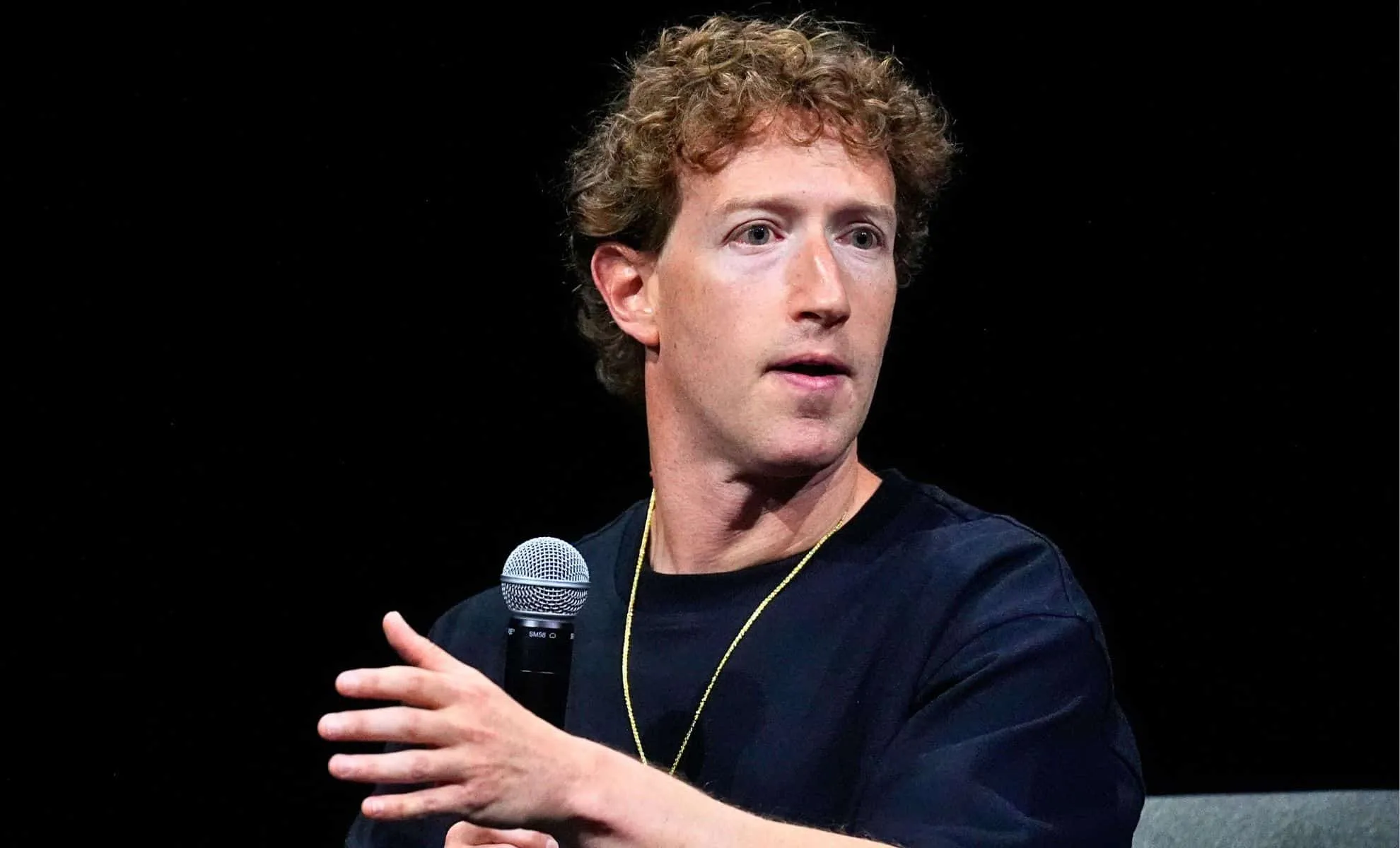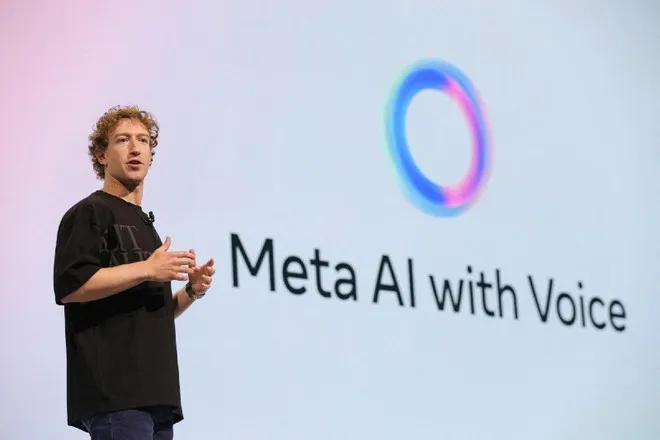

Mark Zuckerberg Makes Billion-Dollar Move to Put Meta Ahead in Superintelligence Race
The world of artificial intelligence is changing faster than ever, and the competition for superintelligence has reached an unprecedented level. Recently, Mark Zuckerberg, CEO of Meta, made headlines with a billion-dollar investment strategy aimed at positioning Meta as a dominant force in the AI revolution. This move has sparked intense discussions in the tech community and among investors about how this bold decision could reshape the future of AI and technology as a whole.
Why Superintelligence Is the Next Big Tech Frontier
Before diving into Mark Zuckerberg’s billion-dollar strategy, it’s crucial to understand what superintelligence means and why every major tech company is racing to achieve it. Superintelligence refers to an AI system that surpasses human intelligence across virtually all areas, including creativity, decision-making, and strategic planning. Unlike today’s AI models, which perform specific tasks, superintelligent systems could revolutionize entire industries, from healthcare to finance and beyond.
Tech giants like OpenAI, Google DeepMind, Microsoft, and Anthropic are already heavily invested in developing next-generation AI systems. Meta’s aggressive move signals its intention not just to keep up but to leap ahead in this race.

Mark Zuckerberg’s Billion-Dollar Investment: What We Know
Reports indicate that Meta has allocated billions of dollars toward building advanced AI infrastructure and acquiring some of the top minds in artificial intelligence. This includes:
-
Expanding Meta’s AI research teams by hiring leading scientists from rival firms.
-
Investing in custom-built AI hardware to power next-generation models.
-
Funding open-source AI projects to strengthen Meta’s influence in the developer community.
-
Establishing partnerships with universities and research labs for cutting-edge breakthroughs.
This strategy shows that Zuckerberg understands the stakes. The company is not only competing with other tech giants but also fighting to maintain relevance in a world where AI-first companies could dominate the next decade.
How Meta’s AI Strategy Compares to Rivals
Meta’s primary competitors in this space are Google, Microsoft, and OpenAI, each with distinct advantages. Google, through DeepMind, has been a pioneer in reinforcement learning and advanced AI research. Microsoft has secured a strong position through its multi-billion-dollar investment in OpenAI, the creator of ChatGPT.
What sets Meta apart, however, is its massive data ecosystem. With billions of users across Facebook, Instagram, and WhatsApp, Meta has an unparalleled advantage in training AI models on real-world human interactions. This data, combined with advanced machine learning techniques, could give Meta a unique edge in building context-aware AI systems.

Why Zuckerberg Is Betting Big on AI Now
Meta’s decision to double down on AI and superintelligence development comes at a critical time. The company faced significant criticism and financial challenges during its pivot to the metaverse, which many saw as a risky gamble. While Meta’s VR and AR initiatives are still in development, AI has emerged as the undeniable growth engine of the future.
By investing early and aggressively, Zuckerberg aims to ensure that Meta is not left behind in the most important technological race of the century. According to internal sources, Meta’s leadership views AI not only as a business opportunity but as a platform shift comparable to the rise of mobile computing in the 2010s.
The Role of Open-Source in Meta’s Strategy
One of the most surprising elements of Meta’s approach is its commitment to open-source AI models, such as LLaMA (Large Language Model Meta AI). Unlike some competitors who keep their models proprietary, Meta has released versions of its AI models to the public.
Why would Meta give away its technology for free? The answer lies in ecosystem control. By making its models open-source, Meta hopes to attract developers, researchers, and companies to build on its technology. This could establish Meta as the foundation for countless AI applications, similar to how Android became the dominant mobile OS through open-source strategy.
The Risks Behind Zuckerberg’s Billion-Dollar Gamble
While the potential rewards are enormous, Mark Zuckerberg’s AI bet is not without risks. Some of the biggest challenges include:
-
Regulatory scrutiny: Governments are increasingly concerned about AI safety, privacy, and misinformation. Meta, already under regulatory pressure for its social media practices, may face even stricter oversight.
-
Competition: Tech giants like Google and Microsoft have a significant head start in some areas of AI.
-
Ethical dilemmas: The development of superintelligent systems raises profound ethical and safety concerns, which could slow progress or lead to public backlash.
-
Financial pressure: Meta is investing billions without a guaranteed return, a move that could worry some shareholders.
Despite these challenges, Zuckerberg appears confident that Meta’s resources and expertise will enable it to outpace rivals and shape the AI landscape for decades to come.
How Investors Are Reacting to Meta’s AI Push
The market response to Meta’s AI superintelligence strategy has been mixed but largely positive. While some investors worry about the high upfront costs, others see this as a long-term growth catalyst.
Meta’s stock has shown resilience, bouncing back from previous declines during the metaverse spending spree. Analysts predict that if Meta succeeds in leading the AI revolution, its market capitalization could soar past $1.5 trillion within the next few years.
The Bigger Picture: What This Means for the Future of AI
Zuckerberg’s move underscores a broader trend: the AI arms race is just beginning. With companies pouring billions into AI research, the pace of innovation will accelerate dramatically. Experts predict that within the next decade, AI systems could perform tasks that were once considered uniquely human, from medical diagnosis to creative writing and scientific discovery.
This raises critical questions: Who will control these systems? How will societies manage the risks? And what role will companies like Meta play in shaping the ethical frameworks that govern superintelligent AI?
Can Meta Really Win the Superintelligence Race?
The race for superintelligence is not just about technology—it’s about resources, talent, and timing. Meta has all three in abundance, but so do its rivals. What may set Meta apart is its willingness to take bold risks, as demonstrated by this massive investment.
If Zuckerberg’s gamble pays off, Meta could transform from a social media company into a global AI powerhouse, influencing every aspect of technology and daily life. However, failure could mean billions lost and a further blow to Meta’s credibility.
Final Thoughts: The Future According to Zuckerberg
In the end, Mark Zuckerberg’s billion-dollar move to dominate the AI landscape is more than a business decision—it’s a vision for the future. A future where AI doesn’t just assist humans but becomes a partner in innovation, creativity, and problem-solving.
Whether this vision becomes reality depends on the next few years of research, development, and strategic execution. But one thing is clear: the world is watching, and the stakes have never been higher.


















